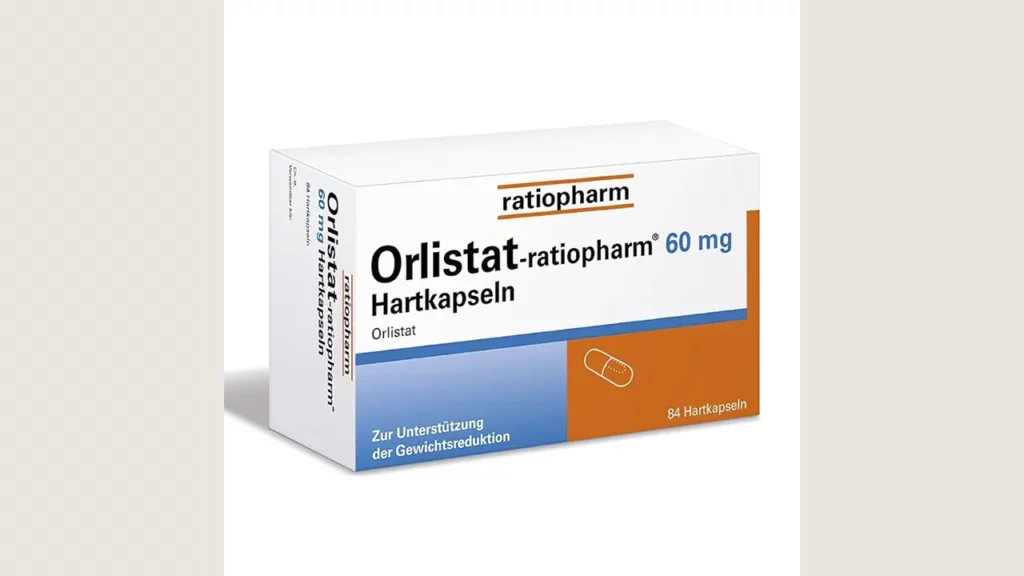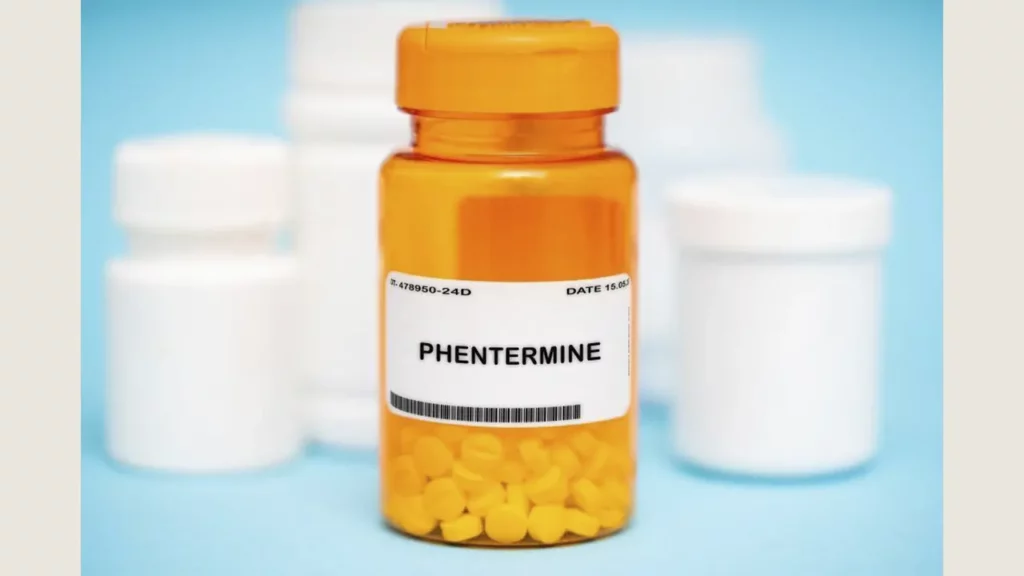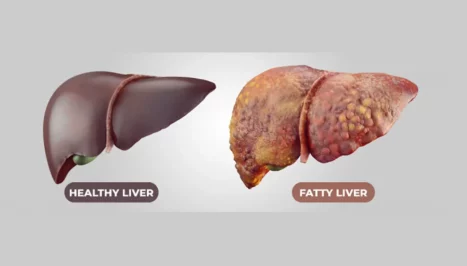Get to Know the Common Categories of Types of Weight Loss Pills

Unfortunately, from satellite TV commercials promising to “lose 10 kilos in a week” to colorful pharmacy shelves and online shops, we are constantly bombarded with promises of a quick and easy solution to shed excess fat. Everywhere you look, advertisements for types of weight loss pills are pushing miracle claims.
But what is really behind these promises? Does a magical pill for weight loss even exist? In this article, we will provide an overview of the different types of weight loss pills so you can gain a clearer perspective on what they actually are.
The First and Most Important Rule About Weight Loss Pills
Before reviewing the main types of weight loss pills, we need to accept one fact: there is no pill in the world that allows you to eat whatever you want, avoid exercise, and still lose weight.
This is an absolute rule: legitimate weight loss pills are, at best, “supporting tools.” They are designed to make the weight loss journey slightly easier when combined with a healthy diet and physical activity. They are never a replacement. Any product claiming otherwise is almost certainly a scam.

Categories of Types of Weight Loss Pills
To avoid getting lost in this crowded market, it is helpful to divide the types of weight loss pills into three main categories:
- Prescription Weight Loss Drugs
- Over-the-Counter Supplements
- Counterfeit and Dangerous Pills
Category 1: Prescription Weight Loss Drugs
These are the only types of weight loss pills that have passed rigorous scientific studies and proven a reasonable level of effectiveness and safety. They must be prescribed by a qualified doctor and are usually recommended for patients with a BMI of 30 or higher.
Prescription medications generally work in one of three ways:
1. Appetite Suppressants
These drugs act directly on the brain’s appetite control center, making you feel fuller and less inclined to eat.
- Phentermine is one of the oldest and most well-known drugs in this group, prescribed only for short-term use.
2. Fat Absorption Inhibitors
These prevent part of the fat in your food from being absorbed by binding to intestinal enzymes. The unabsorbed fat is excreted.
- Orlistat is a well-known drug, sold under the brand names Xenical (prescription) and Alli (over-the-counter, lower dose).

3. GLP-1 Receptor Agonists
Originally developed for diabetes, these are the newest and most revolutionary types of weight loss pills. They mimic gut hormones to suppress appetite and slow digestion.
- While many GLP-1 drugs are injectable (such as Ozempic), oral versions like Rybelsus (oral semaglutide) are now available.

Quick Comparison Table
| Drug (Mechanism) | How It Works | Advantages | Main Drawbacks |
|---|---|---|---|
| Phentermine (Appetite Suppressant) | Acts on brain chemicals to reduce hunger | Rapid short-term weight loss | Addictive, heart side effects, short-term only |
| Orlistat (Fat Blocker) | Blocks ~30% of fat absorption | Minimal systemic absorption | GI side effects (oily stools, diarrhea), requires low-fat diet |
| Oral Semaglutide (GLP-1) | Suppresses appetite and slows digestion | Significant weight loss, blood sugar control | Expensive, nausea, requires ongoing use |
Category 2: Over-the-Counter Weight Loss Supplements
This is the largest, most sold, and riskiest segment of the types of weight loss pills market. These supplements, sold in pharmacies, herbal shops, and online stores, are not strictly regulated by authorities like the FDA. This means manufacturers don’t need to prove safety or effectiveness before selling them.
They often contain a mix of:
- Fibers: such as glucomannan or psyllium, which expand in the stomach and create fullness.
- Fat Burners: caffeine, green tea extract, L-carnitine, or capsaicin (from chili peppers), believed to boost metabolism.
- Carbohydrate Blockers: like white kidney bean extract, claimed to reduce carb absorption.
The Reality of Non-Standard Weight Loss Pills
At best, their effect is minimal—1–2 kg over several months. At worst, they may contain harmful stimulants, unapproved drugs (like sibutramine or diuretics), or heavy metals that can seriously damage the heart, liver, or kidneys.
Category 3: Fake and Dangerous Weight Loss Pills
This is the dark, highly dangerous side of the market. These products, often promoted via satellite TV or shady online channels, usually contain banned or unsafe substances:
- Sibutramine – once marketed as a weight loss drug, banned worldwide due to heart attack and stroke risks.
- Amphetamines – powerful, addictive stimulants that suppress appetite but damage the body.
- Diuretics – cause water loss, giving fake quick results but no fat loss, while risking severe dehydration.
- Thyroid Hormones – dangerous misuse can increase metabolism but cause permanent heart problems and osteoporosis.
⚠️ Serious Warning: Never, under any circumstances, trust these products. Weight loss from these types of weight loss pills comes at the cost of your health.
How to Choose the Right Pill (With Doctor’s Supervision)
If you qualify for prescription medication, your doctor will determine the best choice by considering factors like:
- Your BMI and level of excess weight
- Medical history (heart disease, diabetes, high blood pressure, etc.)
- Other medications you’re taking
- Your lifestyle and diet habits (e.g., Orlistat is unsuitable for someone with a high-fat diet)
Final Thoughts on Types of Weight Loss Pills
The world of types of weight loss pills is full of tempting shortcuts, but nearly all lead to dead ends. There is no miracle solution in a bottle. Sustainable weight loss requires real lifestyle changes.
Prescription drugs may support your journey, but they can’t do the work for you. Instead of chasing magic pills, invest in guidance from a doctor, a nutritionist, and a fitness trainer. That’s the only investment guaranteed to pay off long-term.

FAQs About Types of Weight Loss Pills
No. “Herbal” does not equal “safe.” Many herbs contain strong active compounds that can interact with other medications or cause side effects.
Most likely, yes. If you don’t change your eating and exercise habits during use, the benefits disappear once you stop the pills.
No. Prescription types of weight loss pills are only for obesity treatment (BMI ≥ 30) or overweight patients with other conditions (BMI ≥ 27). They are not meant for small weight loss goals.
Cardiovascular damage. Many illegal substances, like sibutramine and amphetamine-like stimulants, can raise blood pressure, trigger arrhythmias, strokes, or even sudden death.
The only safe first step is consulting an endocrinologist or nutrition specialist before taking any types of weight loss pills.



